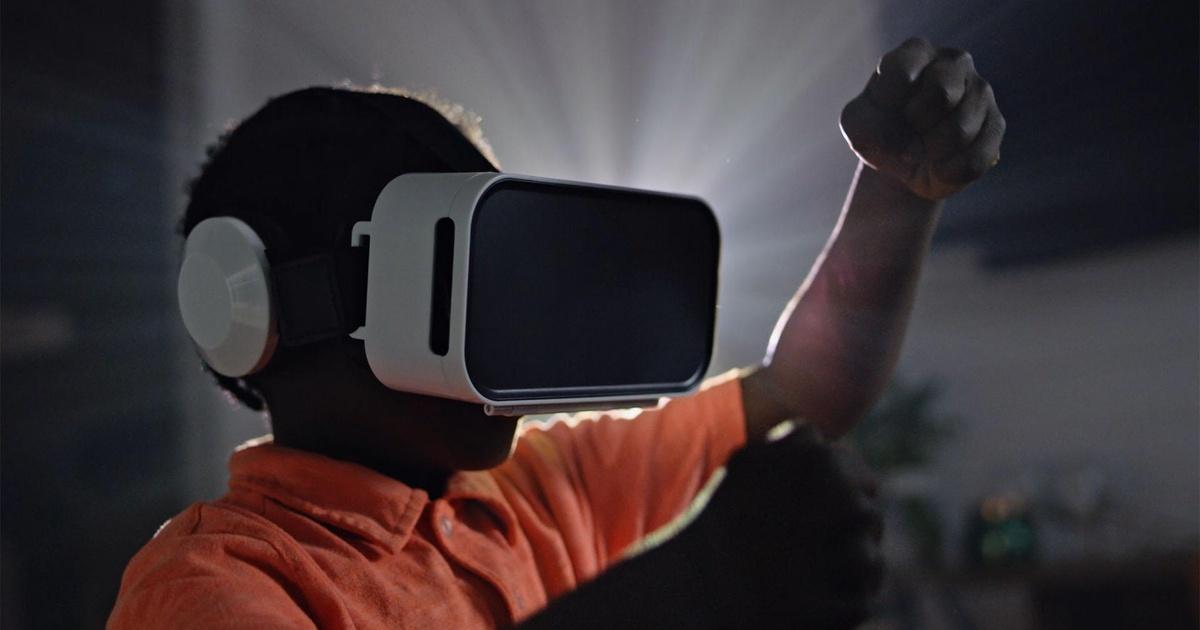
- Select a language for the TTS:
- UK English Female
- UK English Male
- US English Female
- US English Male
- Australian Female
- Australian Male
- Language selected: (auto detect) - EN
Play all audios:
As the world tenuously opens back up”, attempting to save itself from economic Armageddon, the markets now look to be dangerously deluded and poised for a dose of old-fashioned human
frailty. After the biggest stock market fall since the Depression of the 1930s, markets have roared back to life on the back of unparalleled interventions from governments and central banks.
This has left big, experienced investors nervous and others questioning whether Wall Street represents market fundamentals any longer. The market was already overbought by 2020, driven
largely by investor sentiment. That ’ s not to say fundamentals have been bad, but rather neutral . Yet investors are ignoring speed limits and barely stopping at red lights. The coronavirus
was a head-on collision, yet instead of taking some time to recover and assess the damage, we are back driving at maximum speed , with the vehicle barely taped together. Let us, though, be
as generous to Wall Street and other stock markets here. There has been some positive news in recent weeks. It looks like the initial death rate predictions were a long way off. Notably, the
Imperial College London model , which has guided the British and other governments suggested that Sweden would have 40,000 deaths by May 1st if they followed their more relaxed strategy on
lockdown. Today they have 2,854 deaths and seem to have passed their peak. There have also been some positive reports on different treatments, such as Remdesivir, with plans to make the drug
widely available in many countries. It’s helpful to think of market sentiment as a crazed, perpetual optimist carrying a shotgun in one hand and a heroin needle in the other. Investors are
assuming that there will be no long-lasting economic pain and business will simply return to normal, with increased debt and a slightly weaker currency, so long as governments end their
“stay at home” orders. Unfortunately, market sentiment has chosen to forget one of the most important rules of market / government interactions. While the state is perfectly capable of
shutting down economic activity on a massive scale, as evidenced by our experiences these last few months, the state has no power over starting it back up again. Boris Johnson cannot force
people to congregate in closed spaces such as restaurants, cinemas, stadiums, high street shops, cafés. He cannot make people teach in schools, work in offices or factories, and he certainly
cannot force you to brave the Central Line at 8am on Monday. In these areas, he is powerless. We have been subjected to the greatest propaganda campaign seen since the Second World War.
Everything about the coronavirus has been framed as a life or death struggle, sometimes going even further than in wartime. There was no “clap for our armed forces” every Thursday while
thousands of our soldiers died on foreign soil. The nation is unified in its devotion to the NHS and in its existential inability to come to terms with its own mortality. Just to clarify, I
am not deriding the health service, or criticising people for taking careful measures against the spread of Covid-19. I merely observe the astonishing speed at which this subject has
permeated our collective consciousness. Something tells me that a similar propaganda wave about how the virus actually doesn ’ t pose much of a threat at all and we really need you to go
shopping and buy that extra big mac just won’t work. Don ’ t believe me? The polls already illustrate this, with most Brits not wanting the lockdown to end. The upshot of this is that
consumer sentiment, the real driver of the economy, is horrifically bad. That means whole industries are about to go bankrupt, and in a bubble economy like ours, that equals a pin.









